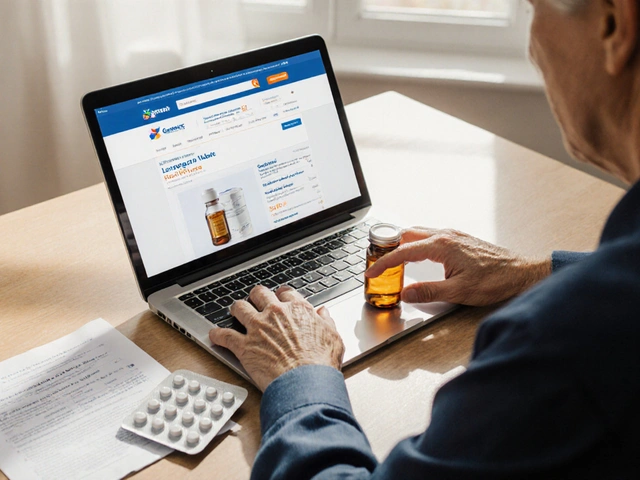Natural Dietary Supplement – Benefits, Types, and Safety
If you’re looking for a simple way to boost your health, natural dietary supplements might be the answer. They’re made from plants, herbs, or whole foods and can fill gaps in your diet without a prescription. In this guide you’ll learn why many people choose them, which ones are worth trying, and how to avoid common pitfalls.
Why Choose Natural Supplements?
First off, natural supplements usually contain fewer synthetic chemicals than conventional pills. That means they’re less likely to cause harsh side effects, especially if you have a sensitive stomach. Many also carry extra nutrients like antioxidants, fiber, or phytonutrients that work together to support immunity, sleep, or energy levels.
Another big win is flexibility. You can find powders, capsules, teas, or even gummies, so fitting a supplement into your routine is easy. Whether you’re a busy professional or a student pulling all‑night study sessions, there’s a format that won’t slow you down.
Popular Natural Supplement Options
Linden – Known for its calming effects, Linden extract can help reduce stress and improve sleep quality. It’s often taken as a tea or capsule before bedtime.
Laurelwood – This blend mixes adaptogens, probiotics, and antioxidants. People use it to boost immunity, support gut health, and keep energy steady throughout the day.
Sour Cherry – Rich in anthocyanins, sour cherry powder is popular for better sleep and faster muscle recovery after workouts. Mix it into a smoothie or stir it into yogurt.
Shepherd’s Purse – Traditionally used for blood‑related issues, this herb may help with minor bleeding and menstrual comfort. It’s available as a tincture or dried herb.
Angelica – An old‑world herb that’s gaining modern attention for gut support and antioxidant benefits. Look for standardized extracts to ensure consistent dosing.
When picking a supplement, always check the label for third‑party testing. Certifications from groups like USP or NSF let you know the product contains what it says and is free from contaminants.
Don’t forget dosage. Natural doesn’t mean you can take as much as you want. Start with the lowest recommended dose and see how your body reacts. If you’re pregnant, nursing, or on medication, a quick chat with a healthcare provider is a smart move.
Finally, remember that supplements work best alongside a balanced diet. Whole foods still provide the most complete nutrition, and a supplement should just fill the gaps you can’t meet everyday.
By choosing quality, reading labels, and listening to your body, natural dietary supplements can become a reliable part of your wellness plan. Feel free to explore our other articles for deeper dives into specific herbs, dosing guides, and safety checks.

Horsetail Supplement: Boost Hair, Skin & Nail Health Naturally
- By : Tamsin Riverton
- Date : Jul 29 2025
Discover how horsetail, a silica‑rich herb, can enhance hair, skin, and nail health. Learn the science, dosage, safety, and how it stacks up against other popular supplements.




